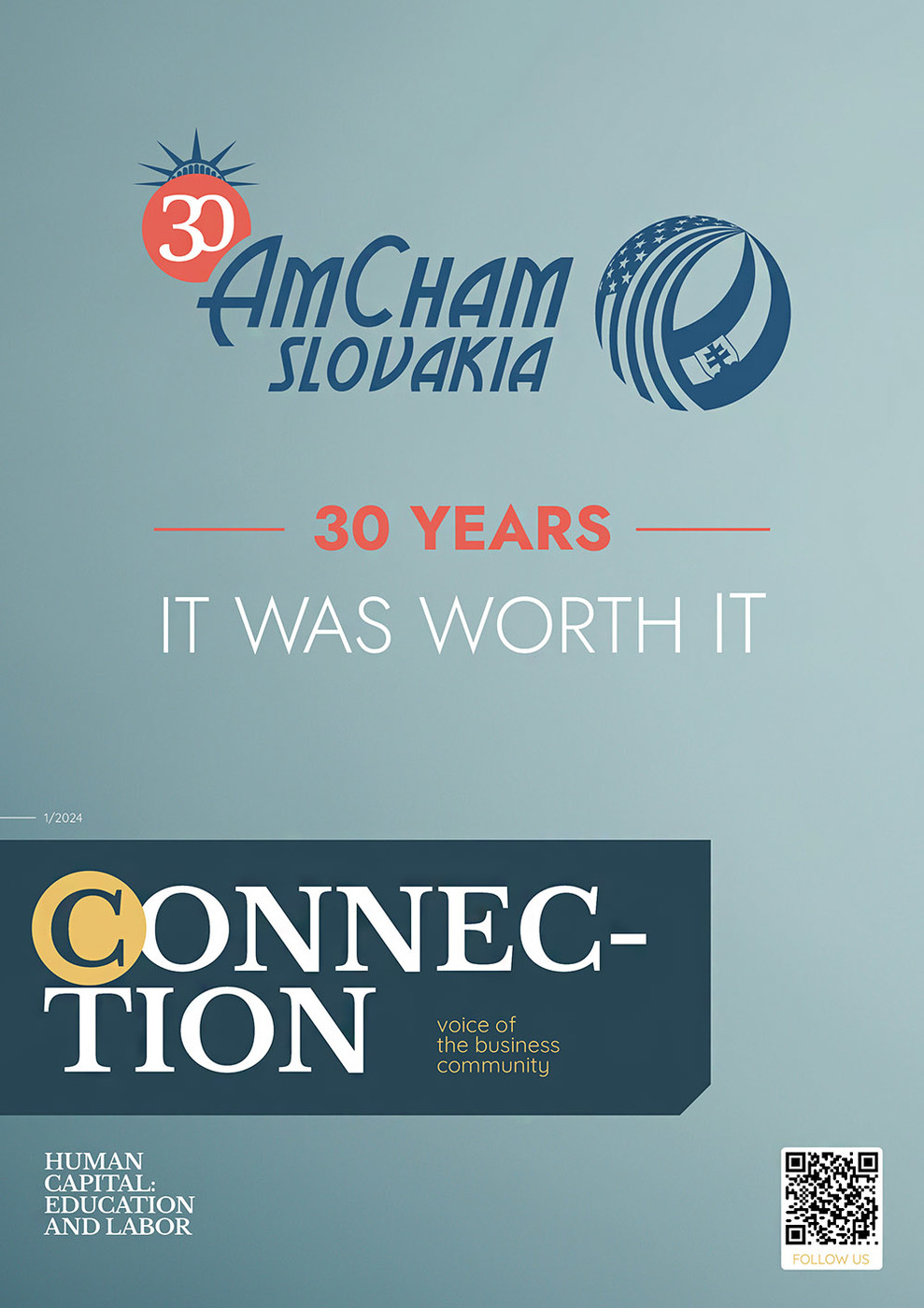The total additional need for workers in Slovakia will reach approximately 358,000 by 2025, with an estimated 84% being sought after by businesses. This labor shortage impacts not only highly qualified specialists but also positions in the manufacturing sector that require less formal education. Both companies and recruitment agencies encounter challenges stemming from these shortages.
What are the current challenges of the Slovak labor market?
The following three main challenges were pinpointed by HR associations’ representatives.
The first challenge lies in a lengthy administrative process, particularly for roles that do not offer attractive financial incentives for Slovaks. The logical step would be to recruit workers from abroad. However, when considering citizens of the European Union whose employment conditions are fundamentally similar to those in Slovakia, Slovak companies face difficulties competing with other member states. It is both in terms of wage amounts and employee benefits. Inadequately established regulations also obstruct broader recruitment of candidates from non-EU countries.
The second challenge focuses on insufficient or inadequate qualifications of job applicants. Low financial rewards aren’t the sole obstacle in filling job positions with local individuals. Companies also frequently encounter issues with inadequate or unsuitable qualifications.
 The third challenge revolves around a negative trend where numerous employees fear changing jobs. Consequently, they stay in their jobs even if their current position doesn’t fulfill them or if they’re dissatisfied with their performance evaluation. In the present tumultuous times, employees prioritize stability. However, the abundance of job openings implies that currently, there’s no real cause for such concerns. The shortage of workers varies across different sectors of the economy and regions of Slovakia. Therefore, a greater openness to change could result in increased satisfaction for both employees and employers.
The third challenge revolves around a negative trend where numerous employees fear changing jobs. Consequently, they stay in their jobs even if their current position doesn’t fulfill them or if they’re dissatisfied with their performance evaluation. In the present tumultuous times, employees prioritize stability. However, the abundance of job openings implies that currently, there’s no real cause for such concerns. The shortage of workers varies across different sectors of the economy and regions of Slovakia. Therefore, a greater openness to change could result in increased satisfaction for both employees and employers.
What will employees be seeking in the future?
More than ever, work-life balance is at the forefront, emphasizing the harmony between work and personal life. Workplace well-being is no longer a passing trend but a necessity for companies aiming to achieve success, competitiveness, and innovation. This approach extends beyond mere productivity and emphasizes the overall health, satisfaction, and motivation of employees.
In the current times, where the lines between work and personal life are getting less defined, offering flexibility to employees can be highly advantageous. Providing the option to adjust work hours or work remotely doesn’t just alleviate the stress of commuting and promote a better work-life balance but also permits employees to work during their most productive hours.
In 2024, working from home and hybrid work models are expected to become more common. This expected flexibility will make organizations more attractive as places to work.
Consequently, employers will need to demonstrate flexibility and openness towards employees interested in remote or diverse location work. Companies capable of swiftly responding to these evolving trends will find themselves in a far superior position compared to those slow to adapt.
How to succeed in the war for talents in Slovakia?
These days, hiring managers must seek candidates who possess not only the right skills but also align well with the company’s culture and values.
To succeed in the war for talents within Slovakia, a diverse and comprehensive recruitment approach is essential. This emphasizes the importance of forging alliances, implementing a variety of strategies, and securing top talent for sustainable success within the country’s evolving market.
 The importance of implementing new approaches to recruitment
The importance of implementing new approaches to recruitment
Hiring managers will need to ensure that the recruitment process is smooth and positive for candidates. This kind of approach can offer the company an advantage because candidates are not only more inclined to accept the offer, but it also increases the likelihood of them becoming engaged and loyal employees, ultimately giving the company a competitive edge.
Investing time, effort, and resources in recruitment strategies that are inefficient or ineffective can result in a continuous drain of resources without yielding desired results. Recruitment professionals play a crucial role in optimizing the hiring process, reducing time-to-hire, and quickly filling the key positions.
It’s surprising that many companies find it challenging to effectively advertise their job openings to candidates. Often, hiring managers focus on meeting their own needs rather than recognizing what information candidates require to accept the job offer. Recruitment professionals can serve as valuable allies in the battle for talent. Recruitment professionals can approach candidates as intermediaries, devoid of personal attachment, and act as ambassadors for their clients. They can emphasize unique selling points and explain to candidates why they shouldn’t overlook the opportunity, thereby facilitating a smoother and more informed hiring process for both parties involved.
Jozef Pamětický, Business Development Manager, CPL Jobs



Follow us